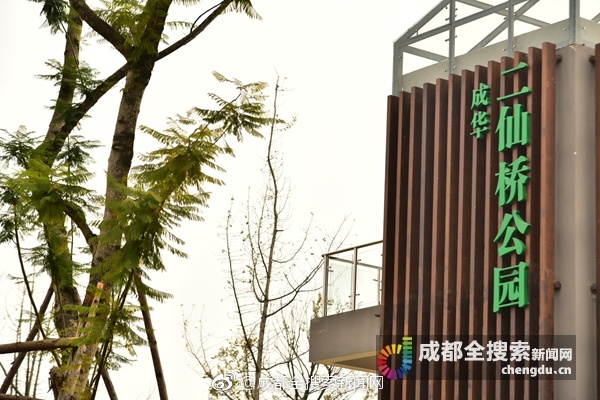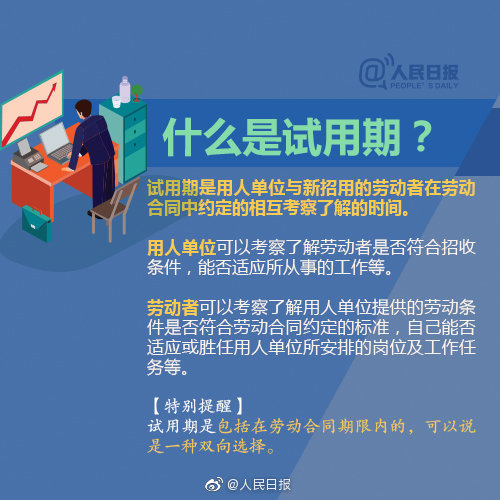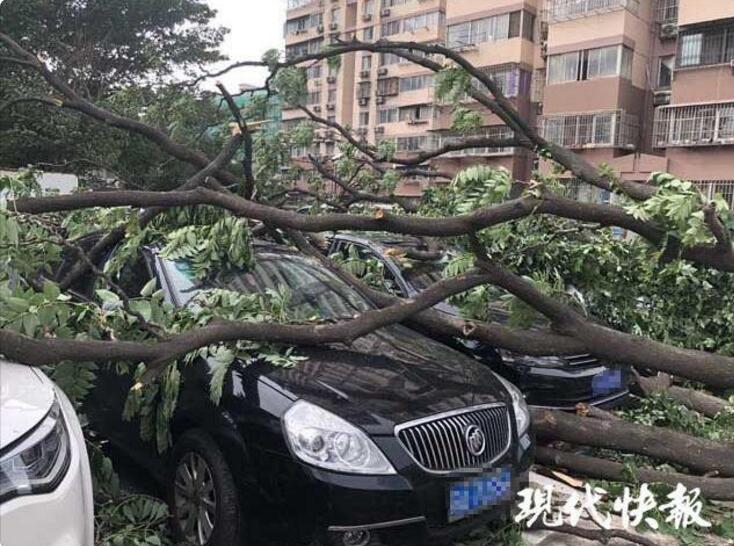Remember all those smoking cellphones?gustva klimt stylized eroticism painting
Researchers think they've found a safer, long-lasting zinc battery that uses water-in-salt electrolytes that could prevent those electronic fires.
University of Maryland researchers at the A. James Clark School of Engineering created a new water-based zinc battery that uses an aqueous electrolyte instead of the flammable substance in lithium-ion batteries. But to keep the batteries powerful and long-lasting the research team added metallic zinc and salt.
SEE ALSO: BMW wants to make EV batteries way better within 5 yearsOne of the paper's authors and postdoctoral associate at UMD's Clark School Fei Wang said in a release about the research, "We have a battery that could compete with the lithium-ion batteries in energy density, but without the risk of explosion or fire."
The breakthrough could have a huge impact on the consumer electronics industry. For example, the Samsung Galaxy Note 7 was recalled in 2016 after the phone kept exploding. Issues with the battery were discovered after conducting large-scale tests at manufacturing plants. The battery problems prompted an overhaul of its batteries for its next phone, the Galaxy S8.
The team hopes this advancement could be used commercially and replace fire-prone lithium-ion batteries used in most consumer tech gadgets and products.
This aqueous zinc battery is rechargeable and high energy -- and unlike other zinc batteries, it doesn't need a water refill for the electrolyte. The team believes its found a way to get around zinc batteries' increasingly decreased charge capacity the more it gets charged.
In electric vehicles, lithium-ion battery improvements are a big research area. Belgian company Imec, is developing a nano-composite solid state electrolyte lithium-ion battery -- it starts as a liquid and later solidifies.
Like the UMD research team showed, wet batteries are preferred for safety and efficiency, but usually come at the cost of power and and charging capability. For EVs, solid-state batteries typically have low conductivity, which is bad news for charging. But the company hopes to invent a battery by 2024 that can charge up in 20 minutes and keep EVs driving long distances.
The zinc battery research published Monday in the journal Nature Materials.
(Editor: {typename type="name"/})
 Best smartwatch deal: Get $70 off a Samsung Galaxy Watch7 and a free watch band
Best smartwatch deal: Get $70 off a Samsung Galaxy Watch7 and a free watch band
 Best deals of the day Jan. 20: Keurig K
Best deals of the day Jan. 20: Keurig K
 'Quordle' today: See each 'Quordle' answer and hints for January 17
'Quordle' today: See each 'Quordle' answer and hints for January 17
 The 'No guy has all 3' meme has the internet searching for the perfect man
The 'No guy has all 3' meme has the internet searching for the perfect man
 Alienware M16 Gaming Laptop deal: Save $560
Alienware M16 Gaming Laptop deal: Save $560
EPA's leader is open to reconsidering crucial climate assessment
 Scott Pruitt, the administrator of the Environmental Protection Agency (EPA), signaled in testimony
...[Details]
Scott Pruitt, the administrator of the Environmental Protection Agency (EPA), signaled in testimony
...[Details]
Was that video propaganda? TikTok is trying to help, kind of.
 TikTok will expand its labels on content from state-controlled media, the platform announced on Jan.
...[Details]
TikTok will expand its labels on content from state-controlled media, the platform announced on Jan.
...[Details]
Jennifer Coolidge just joined TikTok in the best possible way
 Welcome to TikTok, Jennifer Coolidge. You got this.Fresh off her Golden Globes win for her deeply ch
...[Details]
Welcome to TikTok, Jennifer Coolidge. You got this.Fresh off her Golden Globes win for her deeply ch
...[Details]
Kylie Jenner singing 'rise and shine' to wake up her daughter is a bop
 Kylie Jenner is leaning into the meme. The billionaire beauty mogul showed off the Kylie Cosmetics o
...[Details]
Kylie Jenner is leaning into the meme. The billionaire beauty mogul showed off the Kylie Cosmetics o
...[Details]
The Anatomy of Liberal Melancholy
 J.M. Bernays ,April 25, 2017 The Anatomy o
...[Details]
J.M. Bernays ,April 25, 2017 The Anatomy o
...[Details]
YouTuber lets followers redecorate his bedroom via Twitter bot
 Tech vlogger Michael Reeves doesn't know much about interior design, so he's letting his followers d
...[Details]
Tech vlogger Michael Reeves doesn't know much about interior design, so he's letting his followers d
...[Details]
Meryl Streep joins the cast of 'Only Murders in the Building'
 With members of its cast ranging from Sting to Shirley MacLaine, Only Murders in the Buildingis no s
...[Details]
With members of its cast ranging from Sting to Shirley MacLaine, Only Murders in the Buildingis no s
...[Details]
 Everybody makes mistakes at work but, leaving the no-fly list exposed on the internet seems like a r
...[Details]
Everybody makes mistakes at work but, leaving the no-fly list exposed on the internet seems like a r
...[Details]
NYT mini crossword answers for May 9, 2025
 The Mini is a bite-sized version of The New York Times' revered daily crossword. While the crossword
...[Details]
The Mini is a bite-sized version of The New York Times' revered daily crossword. While the crossword
...[Details]
12 meme costume ideas for Halloween 2019
 Hallo-meme 2019 is here! Perhaps the greatest time to celebrate the most wonderful memes of the year
...[Details]
Hallo-meme 2019 is here! Perhaps the greatest time to celebrate the most wonderful memes of the year
...[Details]
接受PR>=1、BR>=1,流量相当,内容相关类链接。